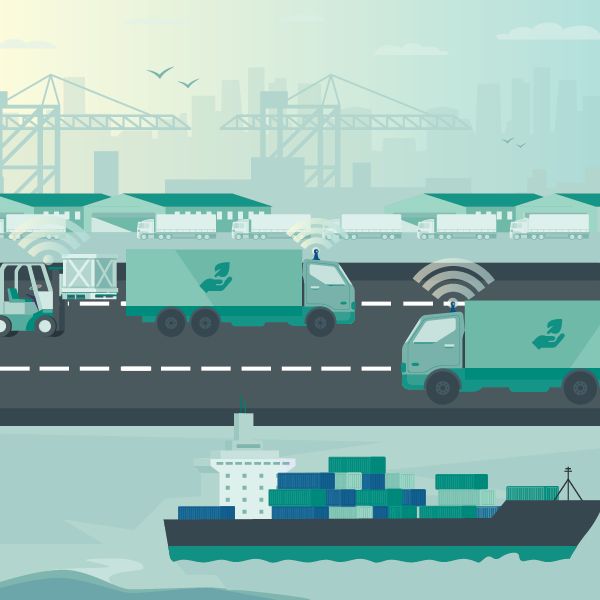All official European Union website addresses are in the europa.eu domain.
See all EU institutions and bodiesKey messages
Automation in both the road and maritime (or inland waterway) freight sectors has the potential to reduce several categories of accidents, and their associated fatalities and environmental impacts (e.g. in the case of oil spills).
Labour is a relevant cost item for the freight transport sector, accounting for 42% of its total transport costs. Automation can lower such costs by partially or completely replacing vehicle or ship operators, which bears potentially significant social impacts.
By lowering the impact of labour on total costs, automation can enable modes of operation, such as reducing speeds, that have historically been economically challenging to realise. This could reduce fuel consumption, which would benefit the environment by lowering greenhouse gas and air pollutant emissions.
The lower costs that can result from automation may have significant rebound effects. First, this can drastically increase the demand for transport; second, this can promote a shift to transport modes that can deploy autonomous systems quickly (very likely to be the road sector). Those modes may not necessarily be the most sustainable choice. Internalising external costs can be an effective measure to support this transition.

